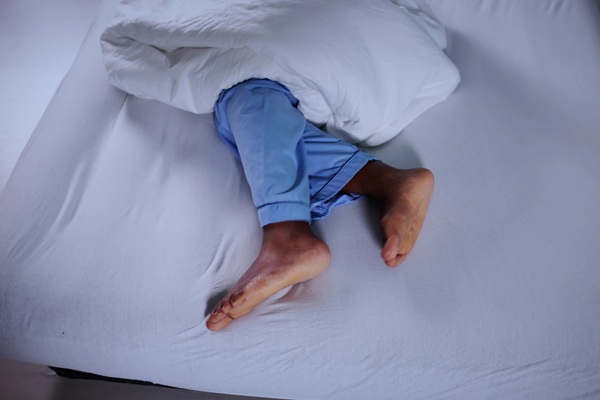How Is PTSD Treated?

Countless people suffer from post-traumatic stress disorder, or PTSD, after experiencing a traumatic event. Those who have PTSD might re-experience the event, feel emotional numbness and have difficulty sleeping. Irritation and anger are also common for those with PTSD. Living with the condition is not easy, so many seek treatment. While each patient is different, many respond well to a combination of medicine and therapy.
Medications to treat PTSD
Psychiatrists have a variety of medication options for treating patients with post-traumatic stress disorder. Medications might be used on their own or in combination with other medications.
Antidepressants
Antidepressants are a common choice for treating PTSD. Out of the available antidepressants, selective serotonin reuptake inhibitors (SSRIs) are proven to be the most effective. SSRIs alleviate depression and anxiety and make it easier for people to sleep. They also improve concentration.
The FDA has approved the SSRIs paroxetine and sertraline for PTSD patients.
Anti-anxiety medications
Anti-anxiety medications are also used to treat PTSD. These often include benzodiazepines such as lorazepam and alprazolam. It is possible to become addicted to many of the anti-anxiety medications available, so they are only prescribed for short-term use. The patient will need to keep frequent appointments with the psychiatrist while using these medications to ensure that addiction is not becoming an issue.
Prazosin
Prazosin is an alpha-blocker. While it was not originally used to treat PTSD, it is becoming increasingly common for those who suffer from nightmares due to this disorder. Early research shows it can reduce, and in some cases, suppress nightmares in those who suffer from PTSD. This makes it easier for people to sleep and alleviates the symptoms that come from experiencing vivid and terrifying dreams.
Therapy to treat PTSD
Psychiatrists often recommend that patients also seek therapy from a licensed psychotherapist. Just like with medication, therapists have a variety of options for treating patients.
Cognitive processing therapy
Cognitive processing therapy (CPT) helps people reframe the trauma to better deal with it. This course of treatment usually takes 12 weeks, and patients should go every week. Sessions last for 60-90 minutes each.
Prolonged exposure therapy
Prolonged exposure therapy is a popular choice for those suffering from PTSD. Patients learn how to manage stress when dealing with situations that frighten them. Patients face the things they fear one by one until they learn to effectively manage their symptoms.
Patients usually need eight to 15 sessions. Sessions generally last for 90 minutes.
Additional therapies
Patients might also undergo stress inoculation training or eye movement desensitization and reprocessing. The therapist will work with the psychiatrist to choose the right option for the patient.
Do not fight PTSD on your own
Many people think they can overcome the symptoms of PTSD on their own, but most require outside help. A combination of medication and therapy is just what the doctor orders when dealing with PTSD. The right treatment helps people live happy and fulfilled lives.
Request an appointment here: https://www.hopetmsofny.com or call Hope TMS and Neuropsychiatric Center at (646) 578-8152 for an appointment in our New York office.
Check out what others are saying about our services on Yelp: Read our Yelp reviews.
Recent Posts
Restless leg syndrome can make evenings difficult by creating an urgent need to move the legs when the body tries to rest. Considering symptoms like crawling or pulling often intensify at night, sleep quality can drop, and daytime energy can follow. With the right support, many people can manage their symptoms and get a good…
PTSD syndrome can shape your daily experiences in significant ways, from your emotional balance to your physical health and personal stability. Symptoms of PTSD can become an invisible burden that affects your routine and interpersonal connections. While these symptoms vary from person to person, they can impact every corner of your life without the right…
Adult ADHD therapy supports individuals navigating challenges with focus, time management, and emotional regulation. While attention deficit hyperactivity disorder, or ADHD, is commonly diagnosed in childhood, its symptoms can persist into adulthood, often interfering with careers, relationships, and daily tasks. Professional therapy offers a structured approach to managing these difficulties and building long-term strategies for…
Transcranial magnetic stimulation, also known as TMS treatment, is an innovative and noninvasive therapy for several mental health conditions. By using magnetic fields to stimulate specific areas of the brain, TMS is an effective treatment for cases where traditional methods have provided little to no relief. It is important to know which mental disorders are…


